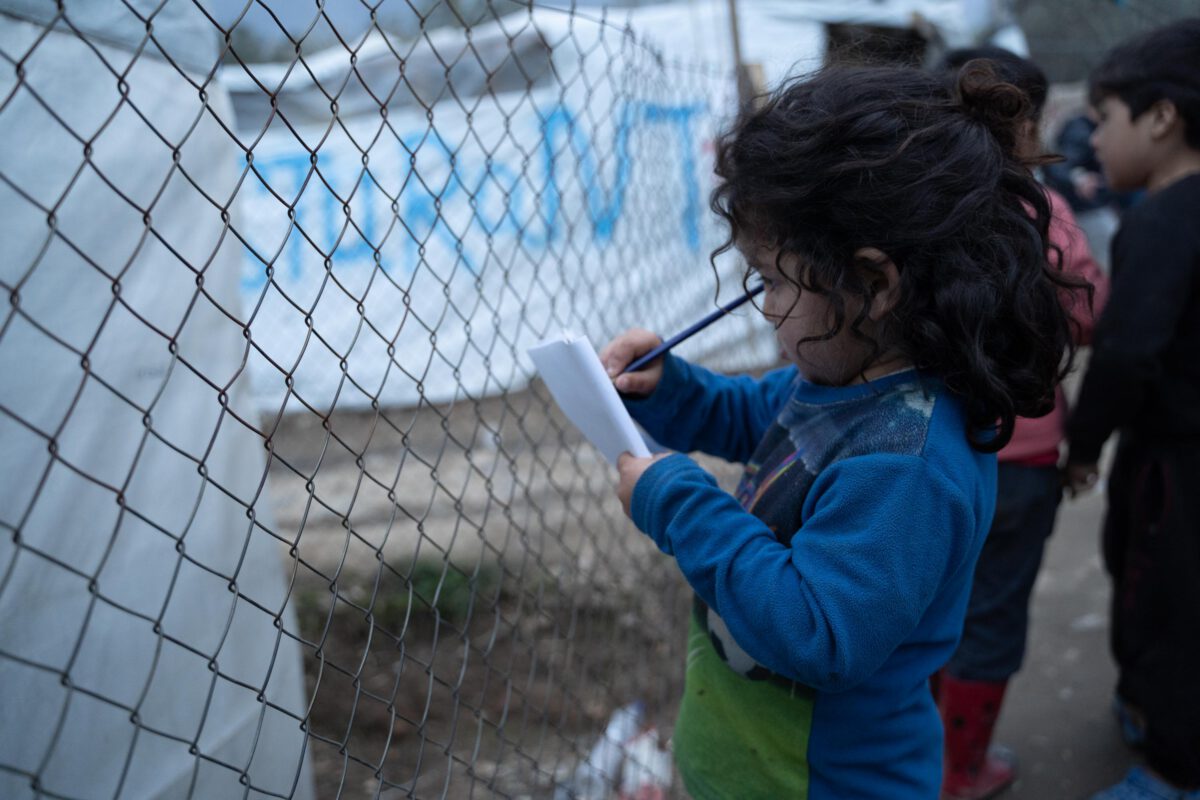GEAS: Not a good day for European asylum law

The Council and Parliament have agreed on a reform towards a common European asylum system. Here you will find a brief overview of the key results of the negotiations on the GEAS package.
The Council has prevailed over the Parliament in almost all relevant points. This reform missed the opportunity to put EU asylum policy on the right track. Instead, bureaucratic procedures and tougher asylum laws will now suddenly deter people from fleeing to Europe. This approach has already failed in recent years. We now face the threat of more irregular migration and a culture of disintegration towards people seeking protection. This policy of deterrence is obviously not weakening right-wing populism, but rather strengthening it.
Detention-like conditions
A system is being created in which many people are to be locked up in detention-like conditions during their asylum procedures, a lot of additional bureaucracy is being created and significantly longer asylum procedures are threatened. The new solidarity mechanism will not be able to compensate for the additional chaos and suffering this will cause.
Many important details have simply not yet been finalized. There was not enough time to negotiate all the articles. Due to the political requirement to achieve a result by the end of the year, the content was subordinated to the goal of reaching a quick agreement. This is not how legislation should take place.
Particularly in the polarized debate on asylum policy, Europe deserves the Council and Parliament to be well rested and not to decide on key points in late-night meetings that leave many questions unanswered.
Scope for improvement
Parliament and the Council still have to vote on the legal acts. We will then work to ensure that the legal acts are implemented as sensibly as possible. In addition, it is now all the more important to use the scope for improvements beyond the current reform, as it contains many loopholes.
Questions of integration, cooperation with third countries or labor migration play no role in the current asylum reform. We will continue to fight for binding distribution, better standards at the external borders and efficient asylum procedures. This is the only way to achieve a fair distribution of responsibility for the major challenges of asylum and migration policy. In addition, human rights and the Geneva Convention on Refugees must continue to apply in Europe. It is too early today to call a swan song for the right of asylum, even if this is not a good day for the right of asylum.